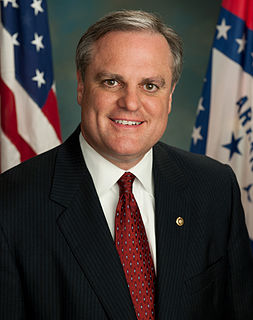A Quote by Spencer Bachus
My view is that Washington and the regulators are there to serve the banks.
Quote Topics
Related Quotes
In a world of businessmen and financial intermediaries who aggressively seek profit, innovators will always outpace regulators; the authorities cannot prevent changes in the structure of portfolios from occurring. What they can do is keep the asset-equity ratio of banks within bounds by setting equity-absorption ratios for various types of assets. If the authorities constrain banks and are aware of the activities of fringe banks and other financial institutions, they are in a better position to attenuate the disruptive expansionary tendencies of our economy.
Under Bill Clinton's HUD Secretary Andrew Cuomo, Community Reinvestment Act regulators gave banks higher ratings for home loans made in 'credit-deprived' areas. Banks were effectively rewarded for throwing out sound underwriting standards and writing loans to those who were at high risk of defaulting.
The financial collapse of 2008 got its start with predatory mortgages, that weren’t sold by community banks and credit unions, they were sold by fly by night mortgage brokers who had almost zero federal oversight and then the big banks looked over, saw the profit potential and they wanted it bad. So they jumped in and sold millions of these terrible mortgages while the bank regulators just looked the other way.
This is the joint responsibility of everyone who was involved in the introduction of the euro without understanding the consequences. When the euro was introduced, the regulators allowed banks to buy unlimited amounts of government bonds without setting aside any equity capital. And the European Central Bank discounted all government bonds on equal terms. So commercial banks found it advantageous to accumulate the bonds of the weaker countries to earn a few extra basis points.





























